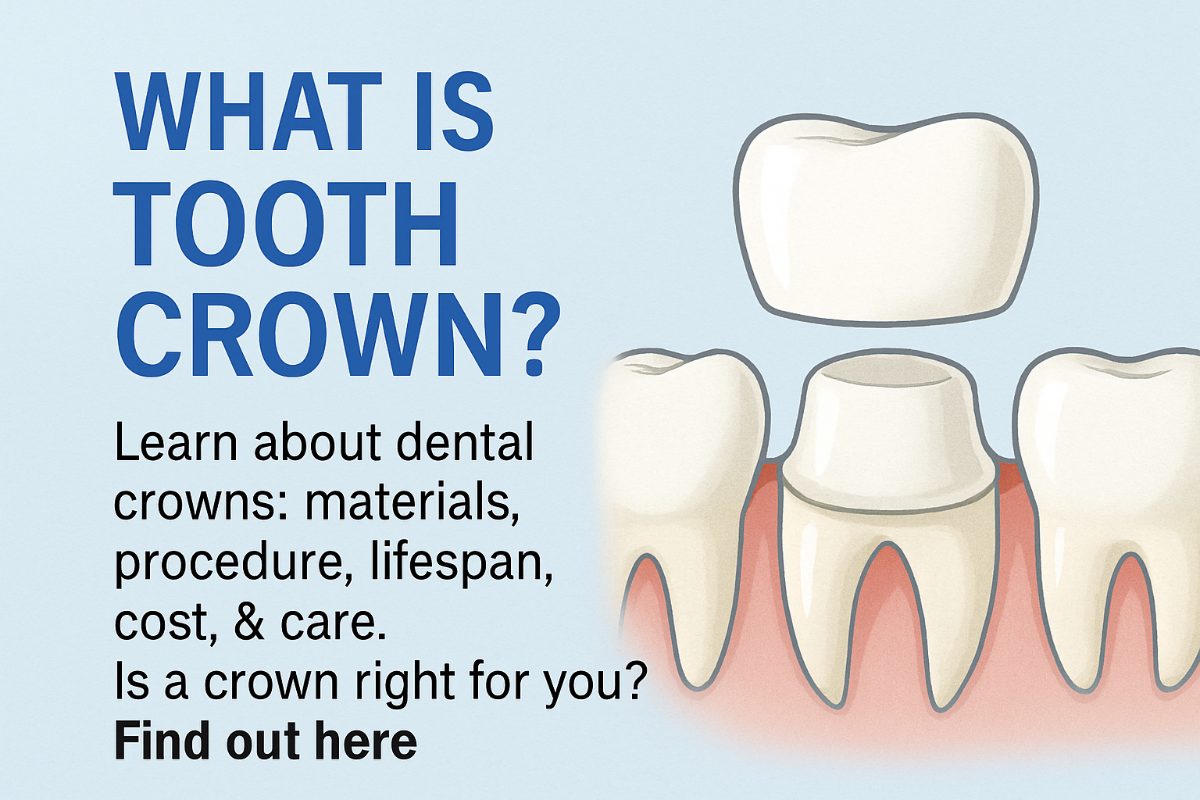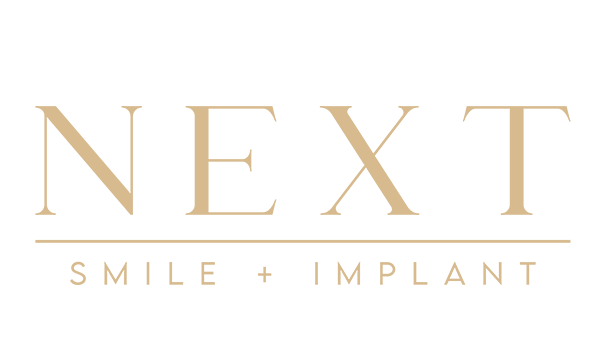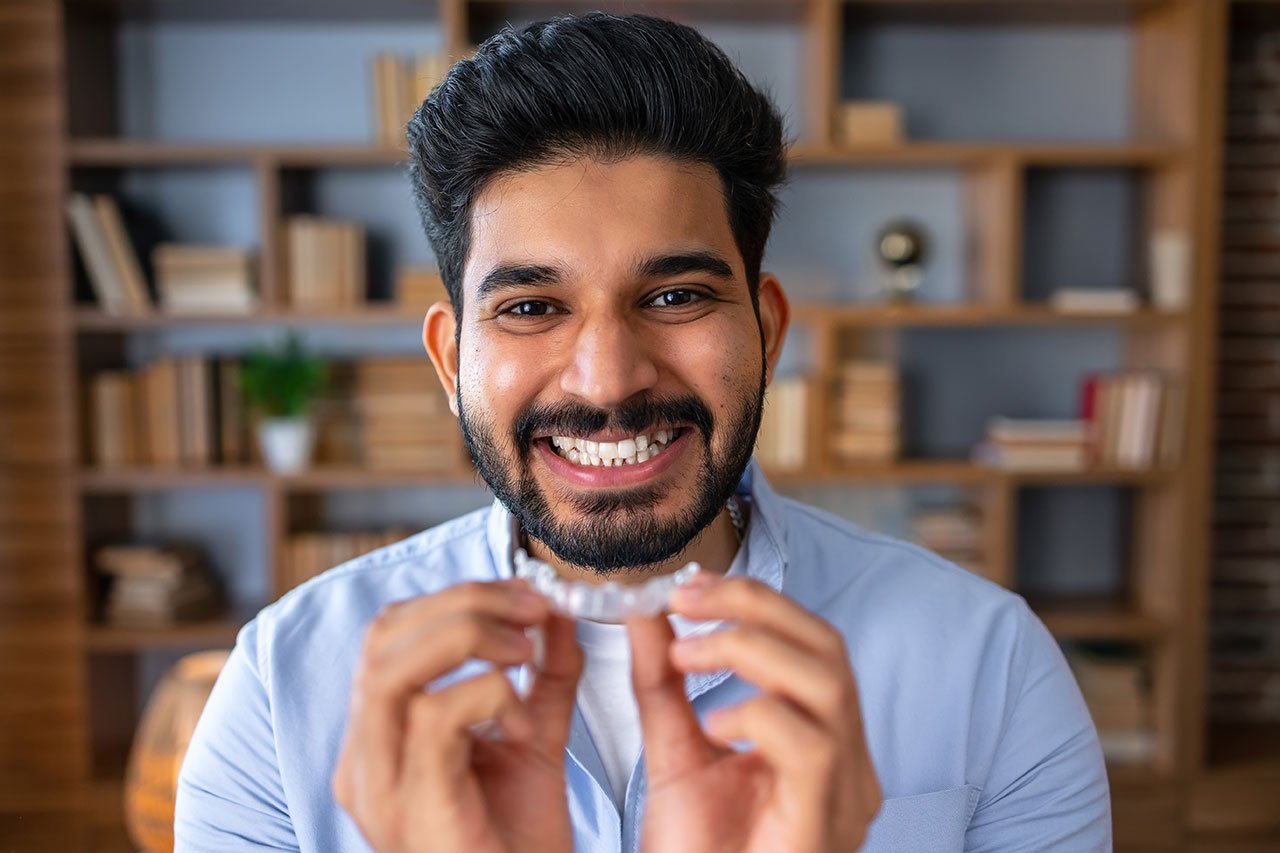Dental Blog - Thousands Oaks, CA
Tips, Facts, And The
Latest In Dentistry

What Is A Tooth Crown? Your 2025 Guide To Dental Crowns
Posted in General Dentistry
Posted on August 8, 2025 by Next Smile+Implant

This guide answers the question what is tooth crown and walks you through everything you need to know. You’ll learn what a crown does, common materials, when you might need one, the step-by-step procedure, how long crowns last, cost factors, daily care, and when to see a specialist. Practical next steps are included so you can decide if a crown is the right choice for your smile.
What Is a Tooth Crown?
A tooth crown is a cap that fits over a damaged or weakened tooth to restore shape, strength, and appearance. Crowns fully cover the visible part of the tooth above the gum line and protect it from further harm while letting you chew and speak normally.
Common crown materials and quick pros/cons:
- Porcelain — Best match for natural teeth; looks great but can wear opposing teeth over time.
- Zirconia — Very strong and durable; good for back teeth, slightly less translucent than porcelain.
- Metal (gold or alloy) — Extremely durable and wears well; not tooth-colored, so usually used on back teeth.
- Porcelain-fused-to-metal (PFM) — Balances strength and appearance; may show a dark line at the gum over time.
When You Might Need a Dental Crown
You may need a crown for several common reasons:
- Large cavity that weakens the tooth
- Tooth after a root canal to protect it
- Cracked, worn, or broken tooth
- To support a dental bridge
- To cover an implant abutment
- Cosmetic reshaping for a misshapen or discolored tooth
Your dentist will check x-rays, your bite, and how much natural tooth remains before recommending a crown. They assess whether a crown alone will work or if additional treatment (like a buildup or root canal) is needed first.
The Dental Crown Procedure: Step-by-Step
The crown process usually follows a predictable flow: exam and planning, preparing the tooth, taking an impression or digital scan, placing a temporary crown if needed, then final cementation.
Traditional lab-made crowns
With traditional crowns, your dentist shapes the tooth and takes an impression. The impression goes to a dental lab where a technician makes the final crown. A temporary crown protects your tooth while the lab works. You return for a second visit to fit and cement the permanent crown.
Same-day crowns (CAD/CAM)
Same-day crowns use a digital scan of your tooth and in-office milling to create the crown during one visit. The dentist scans, custom-designs the crown, mills it from a ceramic block, and bonds it the same day. This option reduces visits and shortens the timeline.
How Long Crowns Last & What Affects Cost
Crowns typically last 5–15+ years. Lifespan depends on:
- Material (metal and zirconia last longer than porcelain)
- Oral hygiene and regular dental care
- Grinding or clenching habits
- Location in the mouth (back teeth endure more force)
Cost varies with several factors:
- Material choice (porcelain vs zirconia vs metal)
- Need for root canal, core buildup, or post
- Lab-made vs same-day fabrication
- Complexity of the case and number of visits
- Insurance coverage, payment plans, or financing options
Caring for Your Crown and Common Issues to Watch For
Care for a crown like a natural tooth:
- Brush twice daily and floss carefully at the crown margins
- Avoid biting very hard items (ice, hard candy)
- Wear a nightguard if you grind or clench teeth
- Keep regular dental checkups and cleanings
Watch for signs of trouble: persistent pain, swelling, a loose crown, or a dark line at the gum. If you notice any of these, call your dentist promptly so the issue can be evaluated.
Why Trust a Prosthodontist + Meet Dr. Saeed Yazdianpour
For complex or cosmetic crown work, a prosthodontist has advanced training in restoring teeth and full-mouth rehabilitation. They focus on function and appearance, and they use precise techniques to get long-lasting results.
About Dr. Saeed Yazdianpour: Dr. Yazdianpour is a board-certified prosthodontist and implant surgeon with advanced training from Boston University and UT Health Science Center, holding DMD and MSD degrees. He is a Fellow of the International Congress of Oral Implantologists, fluent in English and Farsi, and specializes in full-mouth rehab and digital implant dentistry. His practice emphasizes evidence-based, patient-centered care.
How to get started
To prepare for a consult, bring recent dental x‑rays if you have them, a list of medications, and a short list of your treatment goals. Schedule an evaluation to determine if a crown is the best option for your tooth and to get a personalized treatment plan and cost estimate.





